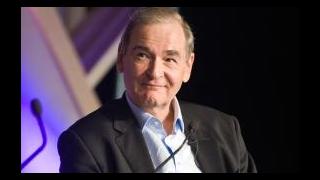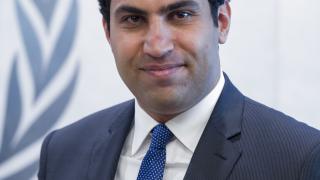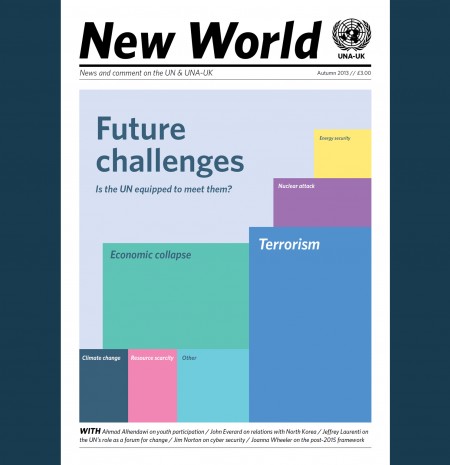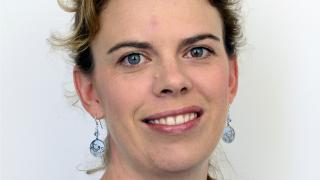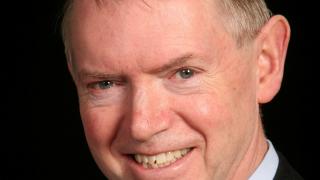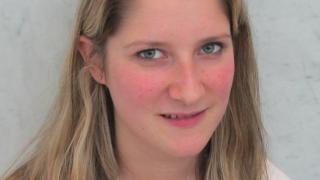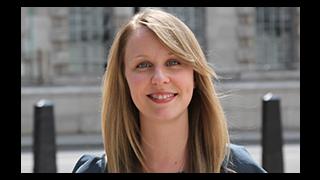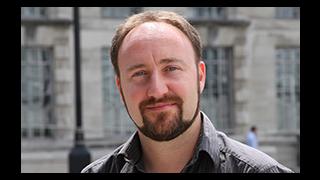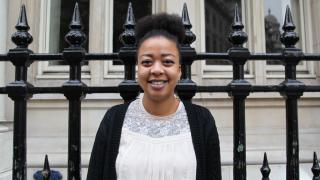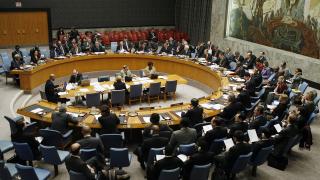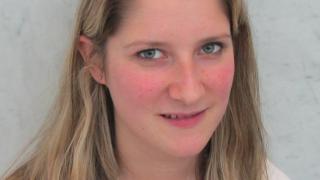
New World's Editor, Hayley Richardson, interviews Camilla Born on working towards a more sustainable world.
You’re currently working as a researcher for E3G, a non-profit organisation working on sustainable development issues. Tell us about your day job.
I work to fulfil E3G’s vision of a clean, fair and democratic solution for tackling climate change. As part of the climate diplomacy team, I focus on campaigning for global action. We work on a number of projects that make strategic interventions to build trust and reciprocity for multilateral action on climate change.
Unlike other global issues, climate change advocacy is constrained by impending tipping points. Given the limited timeframe, an internationally binding agreement is key to steering the world towards the internationally agreed target of limiting global warming to 2°C. We work with movements and institutions in order to amplify our collective efforts and achieve progressive action to tackle climate change.
You are also the International Team Co-Director for the UK Youth Climate Coalition (UKYCC). What does this role involve?
UKYCC is an organisation run entirely by young volunteers. Working in a horizontally structured organisation is extremely liberating. Young people are often under-represented in the decisionmaking processes that affect them. UKYCC aims to challenge the assumptions about youth participation in the pursuit of transformational change.
We work on local, national and international climate issues across a range of projects – from capacity-building to policy briefings, and mentoring to political campaigning. As Co-Director I help guide the strategic direction of UKYCC’s work. This ranges from discussing how we can maximise our impact to how we can make our work more empowering and fun.
Last year you were part of UKYCC’s delegation to the UN’s climate talks that took place in Doha, Qatar. What was this experience like?
The UN Framework Convention on Climate Change (UNFCCC) provides space for much-needed global conversation, consensus and commitment but remains strangled by high-carbon political interests. I attended the talks as a young person committed to intergenerational justice; unfortunately the talks did not deliver. I felt betrayed and disempowered.
However, the opportunity to meet so many wonderful, committed young people from all over the world was invigorating and reignited my commitment to the global pathway toward a low-carbon world. I left knowing that in order for the UNFCCC to fulfil its mandate we needed to shift the politics.
The next round of talks are being held in Poland next month. What are you hoping to see happen there?
The talks should lay the groundwork for the 2015 UNFCCC meeting in Paris, at which countries have a mandate to deliver a new global climate agreement. Young people will be there in force, sharing our unique skills and experiences and pushing for more ambition.
While we will lobby and campaign on specific policy interventions, such as the first round of emission-reduction pledges due in 2014, we will also bring realism to the talks. Climate change will have a profound and damaging effect on generations to come – we must make sure negotiators do not lose sight of this.
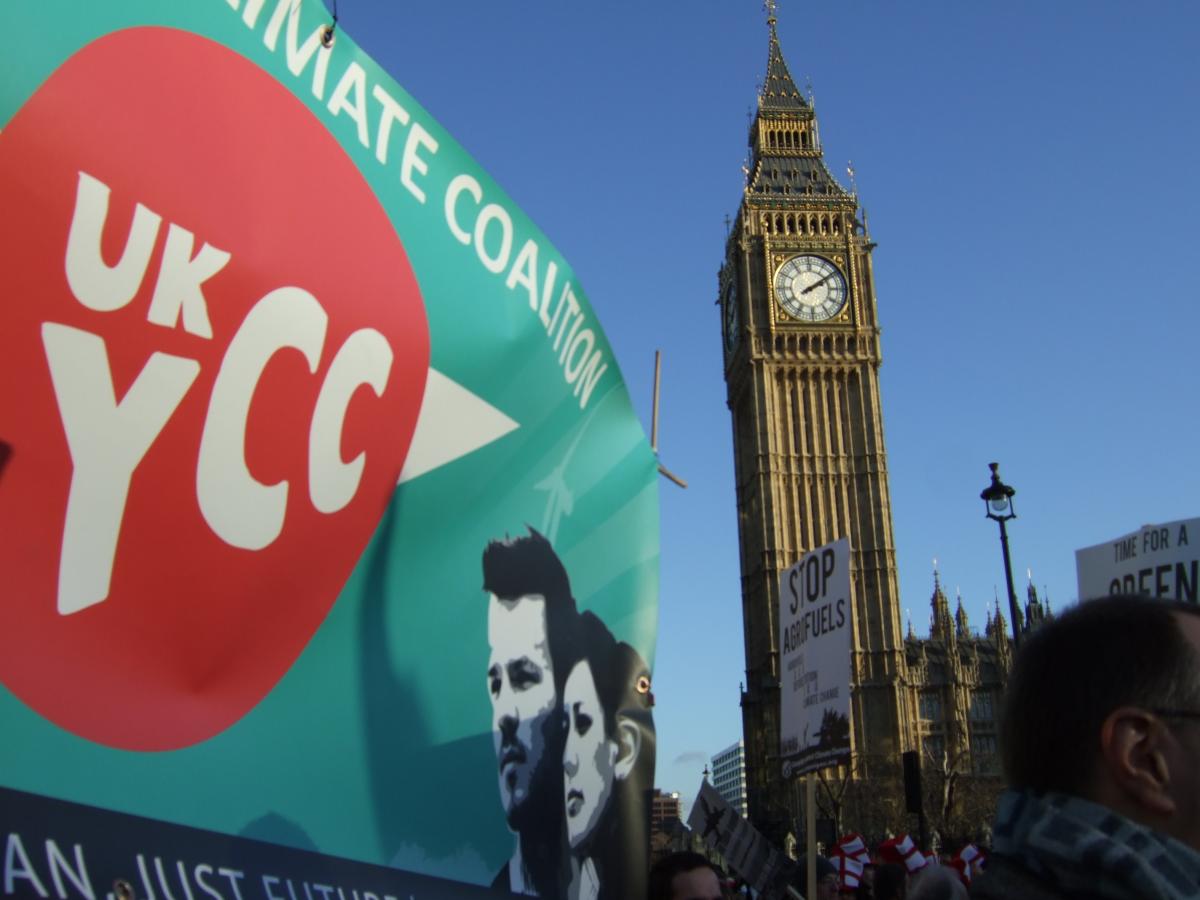
You recently joined the protests over fracking in Balcombe, Sussex. How would you describe attitudes towards climate change in the UK?
The atmosphere at Balcombe was inspiring. Awareness of climate change is strong within the UK but the appetite to take action has remained limited until relatively recently. The fracking debate has acted as a catalyst for tackling climate change. Communities are organising, defending themselves and sharing lessons learnt across the country.
Similarly, fuel poverty has formed another rallying point in the UK – one that affects people regardless of age, geography and culture. We’re also seeing the acceleration and expansion of community renewable energy projects. People are fighting back.
There is an emerging movement of young people calling on institutions to disinvest their high carbon assets. What influence do you think this could have?
The disinvestment movement’s real strength lies in its locally organised, globally networked nature. It begins to challenge the assumptions around who has the opportunity to hold global influence. Holding globalised economic actors to account can be challenging. By disinvesting from our local institutions, a channel between local and globalised power is opened, forming a place for intervention and resistance.
Disinvesting builds agency and demonstrates to corporate and government power that there is a democratic mandate for a low carbon world. Whilst the UN is a key piece of the puzzle for facilitating any global agreement, a deal between people must accompany it if wishes to succeed.
Finally, what do you think is needed to secure a more sustainable world for the future?
Quite simply, it’s people. While the UN is a key piece of the puzzle for facilitating any global agreement, a deal between people must accompany it, if it is to be successful. We are all important actors in creating a transformational shift to a sustainable world. Transformation may seem like a scary thing but we’ve done it many times before, and collective community action is crucial to this.
We must liberate structures that coordinate at scale from elite constraints and rebuild people’s trust in the democratic mandate, strengthening accountability and devolving power. We can all enact the transformative.
Camilla Born is an activist working towards a democratic, low carbon world. She is currently Co-Director of the UK Youth Climate Coalition and a researcher at E3G
Photo: © UKYCC

